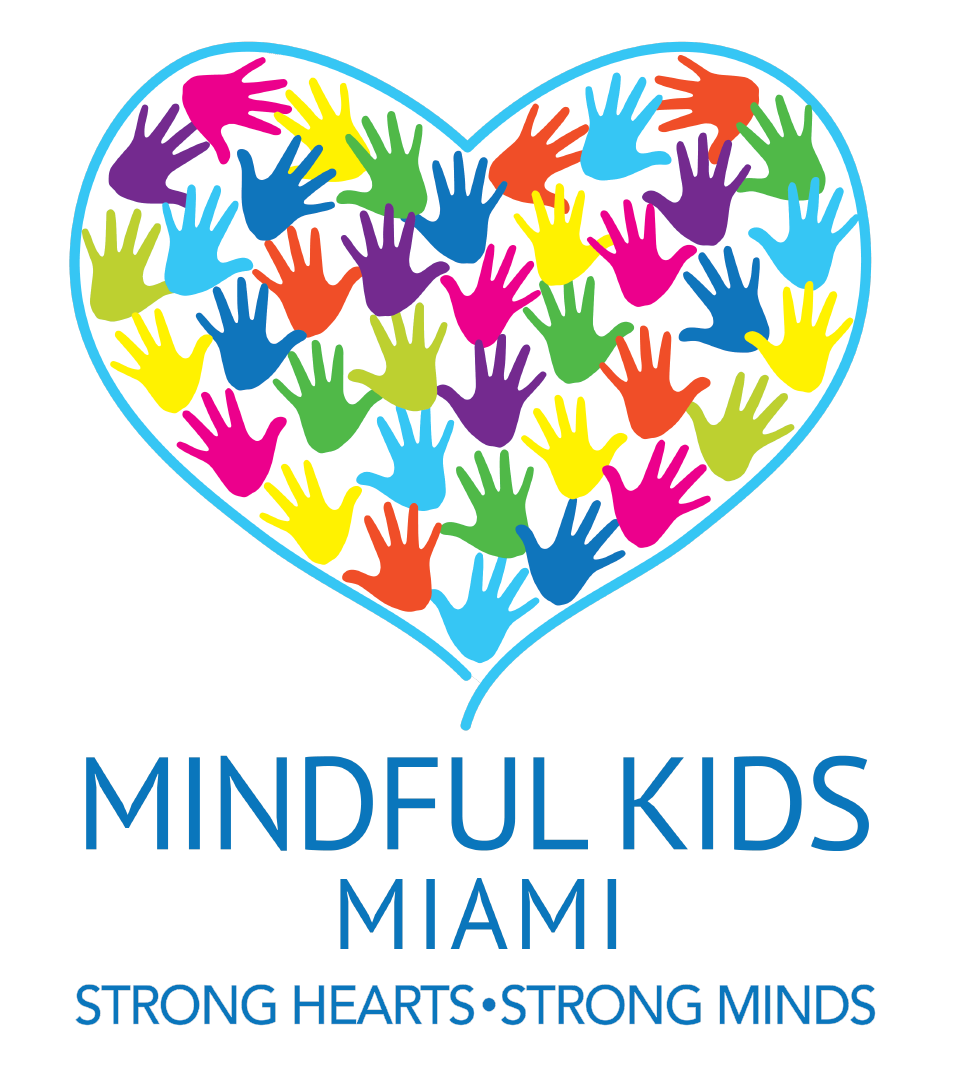Can Mindfulness Practices Help with Brain Fog from Long COVID?
It’s no secret that occasional brain fog caused by stress or overwhelming situations affects us all – but what about COVID-19 induced brain fog? For an estimated 37% of those who contract the virus, symptoms can linger for weeks, months, or even years. In some cases, COVID-19 may affect executive function. The executive function is a set of cognitive processes that helps us plan, focus, and organize our thoughts and actions. These processes include working memory, cognitive flexibility, and inhibitory control. Executive function can be impaired in many conditions, including ADHD, Alzheimer’s disease, and COVID-19.One of the most common symptoms of long COVID is brain fog. Those affected by long COVID brain fog may experience slow thinking, confusion, difficulty remembering things, and poor concentration. Brain fog is also correlated with mental health issues, such as depression or anxiety. So, where does mindfulness come into play?
Brain Fog and Mindfulness
Brain fog can occur for a variety of reasons, in addition to being a symptom of long COVID. It can happen when we feel overwhelmed by our environment, other people, external sounds, and even our own internal thoughts. When we become overwhelmed, we simply cannot think as clearly as when we are in a neutral state.When overwhelmed, our autonomic stress response is engaged. Our amygdala is firing and our executive functioning is off. The good news is we can calm the amygdala and come back to executive functioning through mindfulness. These areas light up when we practice mindfulness and allow us to have more clarity of mind and awareness. Through mindfulness we are able to regain the focus, concentration, and alertness we lost due to brain fog and become more precise with our thinking. We can engage with thoughts that are closer to reality instead of those that are filtered through our perceptions.
Where to Start
Mindfulness exercises can help with a range of issues including brain fog and fatigue. Here is a quick mindfulness practice you can do in five minutes that will help alleviate brain fog and bring you back into the present moment.
If you are seated, allow your spine to be self-supported, or use a pillow if needed.
Soften your gaze or close your eyes.
Focus your attention on your breathing at this moment. Notice what it feels like in your body. Breathe naturally.
Bring your attention to your belly.
Continue your focus on your breathing – is it quick or short? Deep or shallow? How does your chest or belly feel as you breathe?
If you notice that your mind has wandered away from your breath (which is completely normal), take a moment to notice where your attention went, and then gently guide your attention back to your breathing.
Continue this for as long as you would like (but being able to do this for 5 minutes is great)!
Even if you haven't been dealing with brain fog for an extended period, there’s no harm in trying a mindfulness exercise to get you back to feeling focused. We invite you to join one of our community workshops or on going programs to further your education in mindful living.

